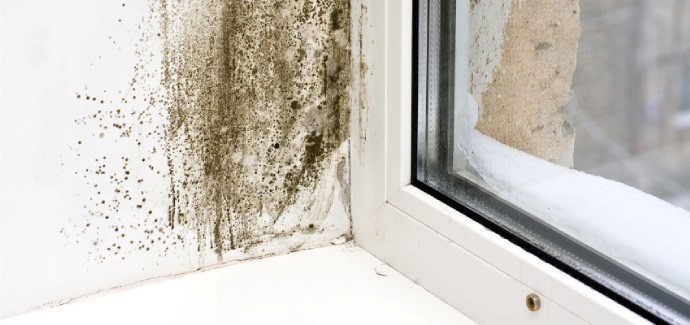
Housing Disrepair Claims – Homes (Fitness for Human Habitation) Act
Housing Disrepair Claims – Did you know that even in 2019 there is no requirement for a rental property to be fit for human habitation! Unbelievable, right?……but it’s true.
With more and more people renting, rather than buying you would expect the quality of properties to be exceptional. However, renting in both social and private sectors is generally not fit for purpose, and hasn’t been for over a generation.
Due to high demand for rental properties, it’s been a landlord’s market. With the added austerity measures spending on social housing has been disrupted or delayed. This has resulted in far too many tenants, both private and social housing, living in unsafe conditions.
We have seen an increase in the number of people contacting us to make a claim for Housing Disrepair.
According to statistics over 1 million private and social tenancies which home about 2.5 to 3 million people, including children have Category 1 hazards. These figures have been pretty much static for the last few years.
A Category 1 hazard under the Housing Health and Safety Rating System (HHSRS), is defined as a “serious and immediate risk to a person’s health and safety” The HHSRS assesses 29 housing hazards and the effect that each may have on the health and safety of current or future occupants of the property.
On 20 December 2018, the Homes (Fitness for Human Habitation) Bill received royal assent and became an Act which will come into force on 20 March 2019.
The Act is much needed legislation requiring homes to be ‘fit for human habitation’ at the start of the tenancy and to remain so throughout. It will give claimants making Housing Disrepair claims added rights to pursue a landlord.
Where a tenant complains of an issue or hazard relating to for example, water ingress, dampness, mould, condensation, draughts, heating or drainage and fire risks and providing that the landlord has failed to take any action to carry out repairs within a reasonable period of time, the tenant can bring a Housing Disrepair claim to make the landlord carry out works by way of an order for Specific Performance and for damages. Whilst, such rights already exist under the Landlord and Tenant Act, what’s new is that the landlord must now also ensure that the house or dwelling is fit for human habitation.
In determining whether a house or dwelling is fit for human habitation, regard must be had to the following matters:
What is the state of the house or dwelling in respect of repair?
Is the house or dwelling free from damp?
Is there adequate natural lighting and ventilation? The Act covers issues such as damp caused by design defects (lack of ventilation) rather than by just purely disrepair
Is there a suitable water supply?
Are there adequate drainage and sanitary conveniences?
Are there adequate facilities for preparation and cooking of food and for the disposal of waste water?
The Act will also cover infestation such as rodents, insects, bed bugs, not currently covered by a landlord’s legal repair responsibilities.
The obligation to ensure that the house or dwelling is, and stays fit, for human habitation extends even to common parts of the building in which the landlord has an interest so for example this would cover stairwells, shared roofs, communal bin areas etc. However, for a successful Housing Disrepair claim a tenant would need to have disrepair affecting the way they have been able to use their home in the normal way, suffered inconvenience or damage to health or belongings.
It should be remembered that under the Landlord and Tenant Act there is an implied covenant that the tenant give access to the landlord or to their surveyor for the purposes of viewing the condition and the state of repair of the house or dwelling providing at least 24 hours’ notice in writing has been given to the tenant. However, a word of warning, where the unfitness is caused by the tenant’s failure to behave in a “tenant-like” manner the landlord cannot be held responsible.
The Act will apply to all new tenancies (including Secure, Assured and AST agreements) starting on or after 20 March 2019. It will also apply to all tenancies that began as a fixed term before this date but which become a periodic tenancy after the 20 March 2019.
If you require any further information, please get in touch with Altaf Patel or our Housing Disrepair team on 01204 589009 or alternatively drop us an email at newclaims@cromptonssolicitors.co.uk
